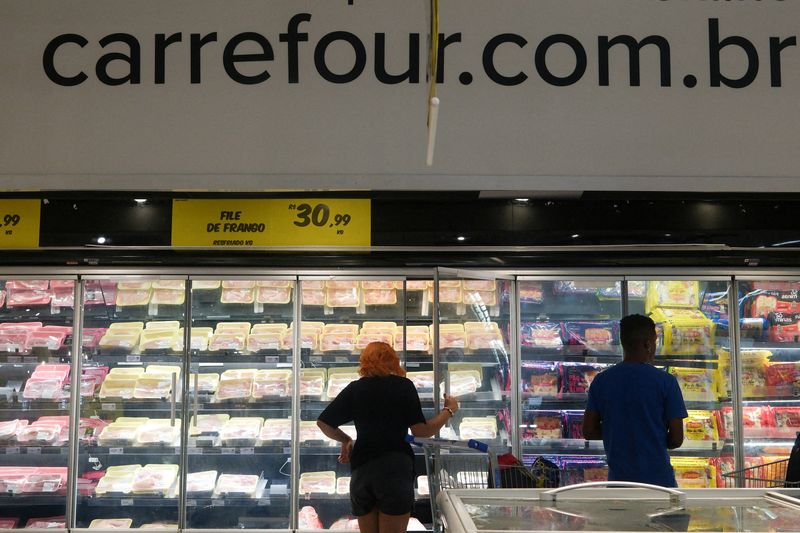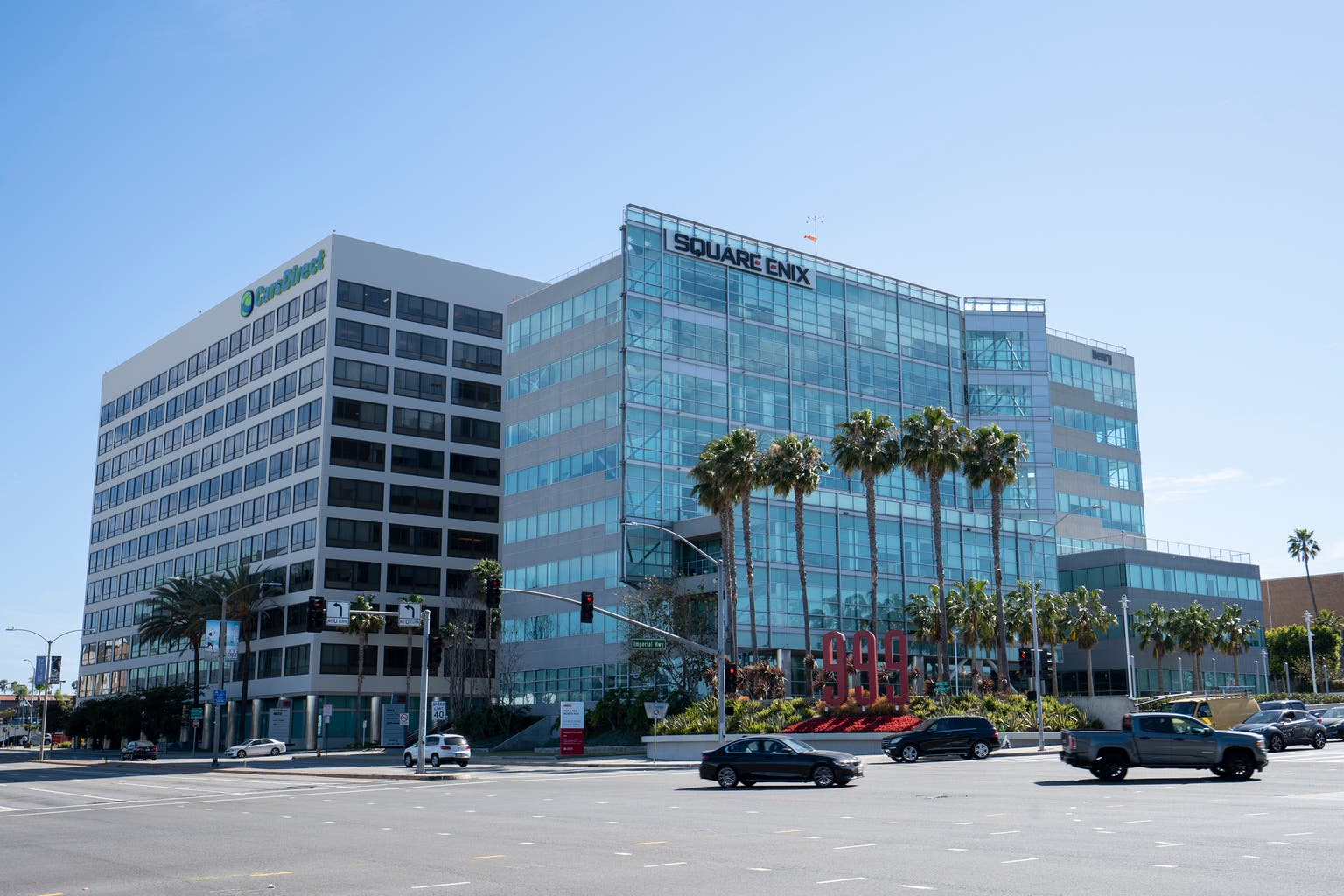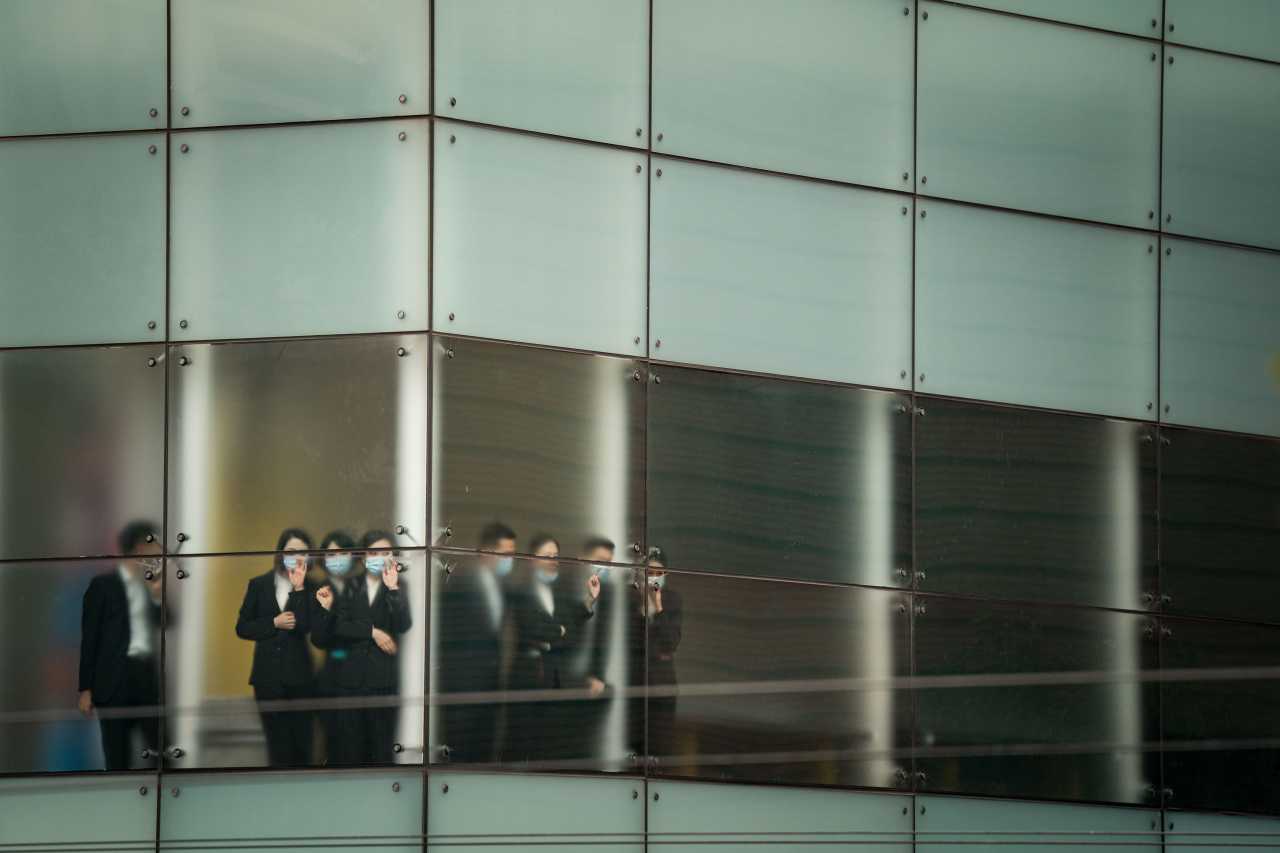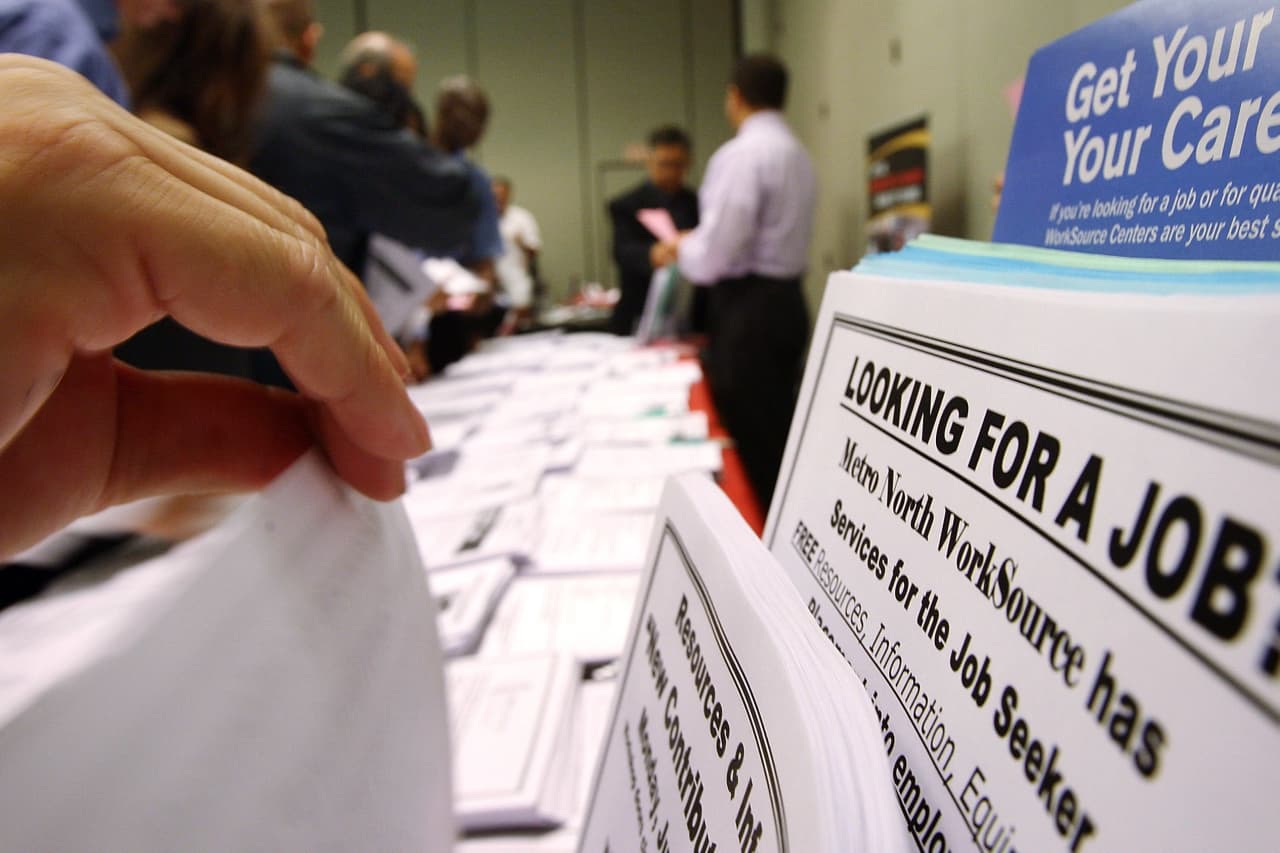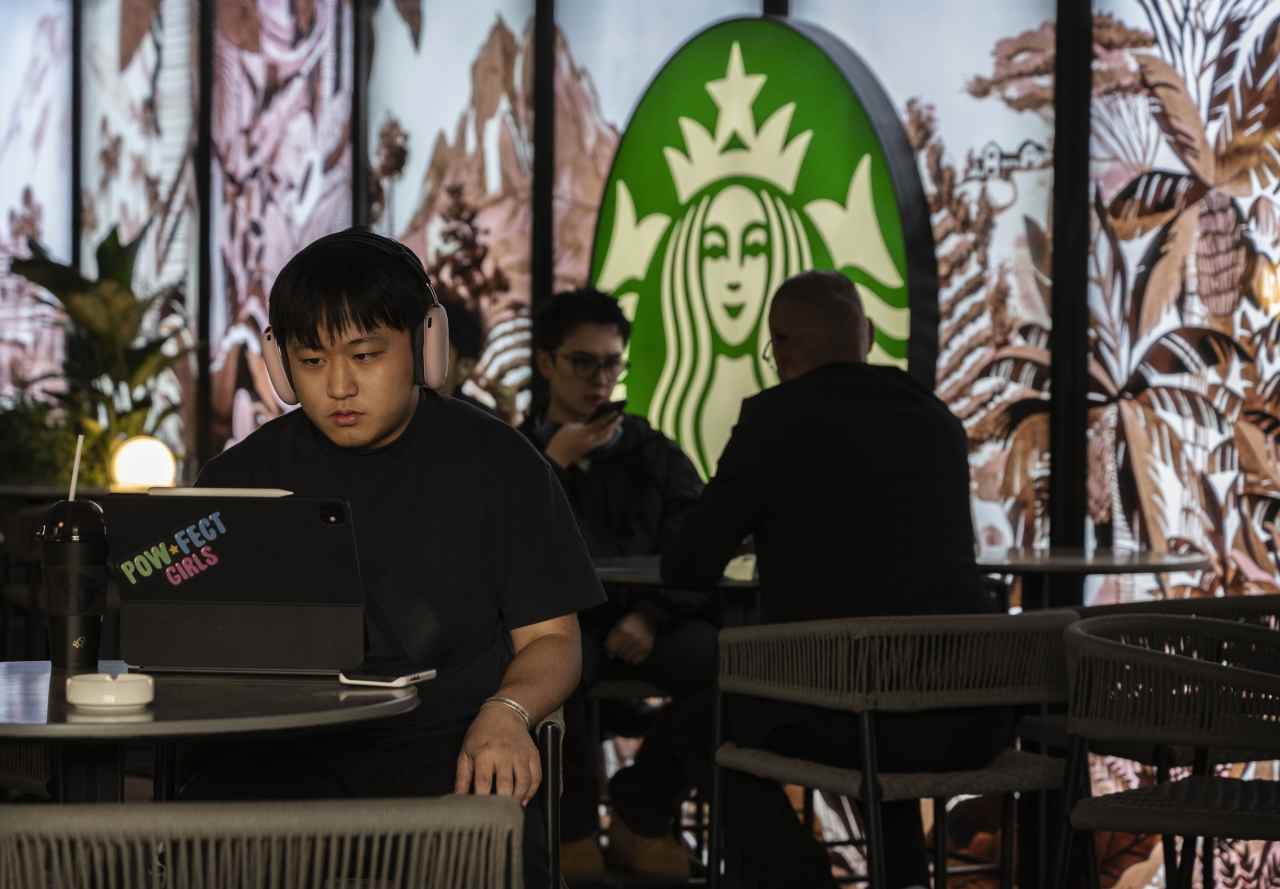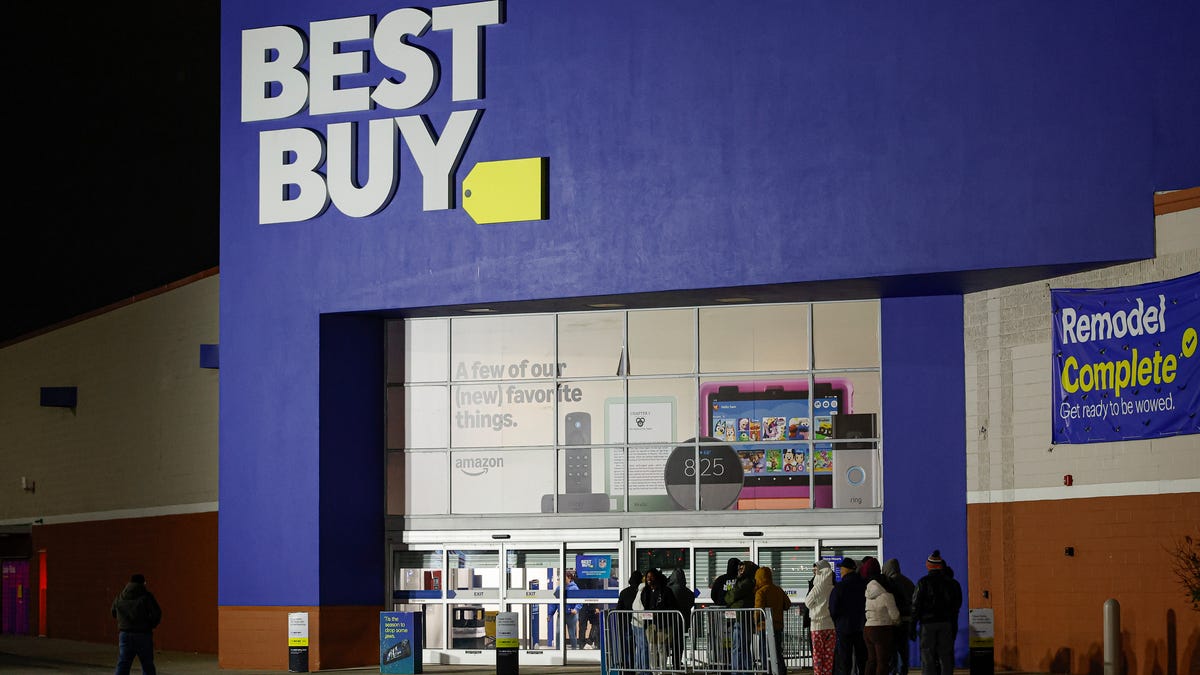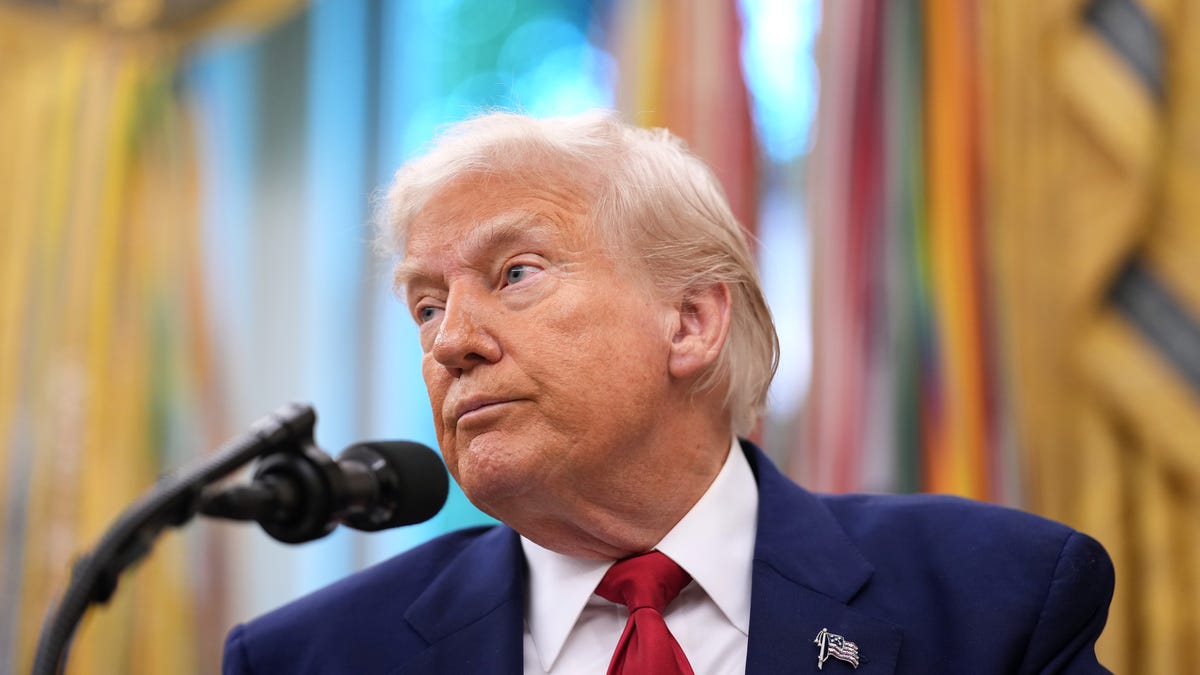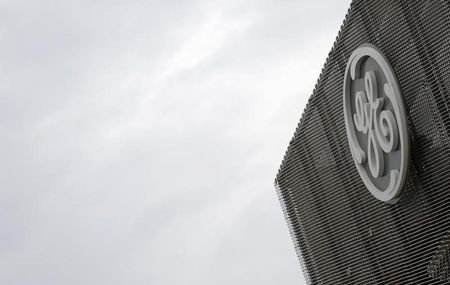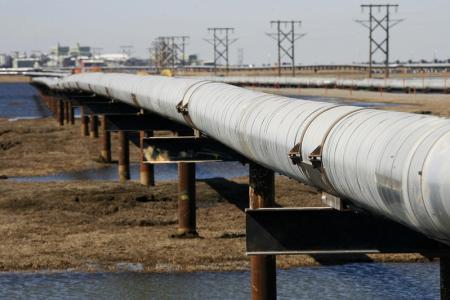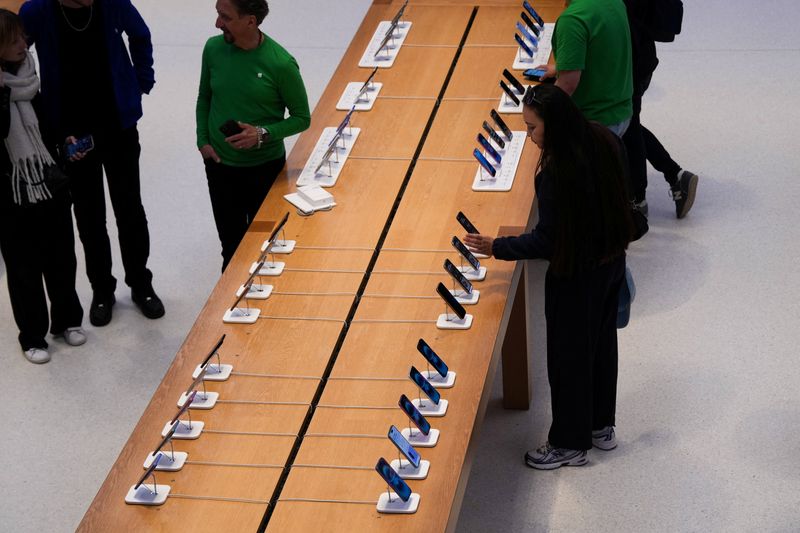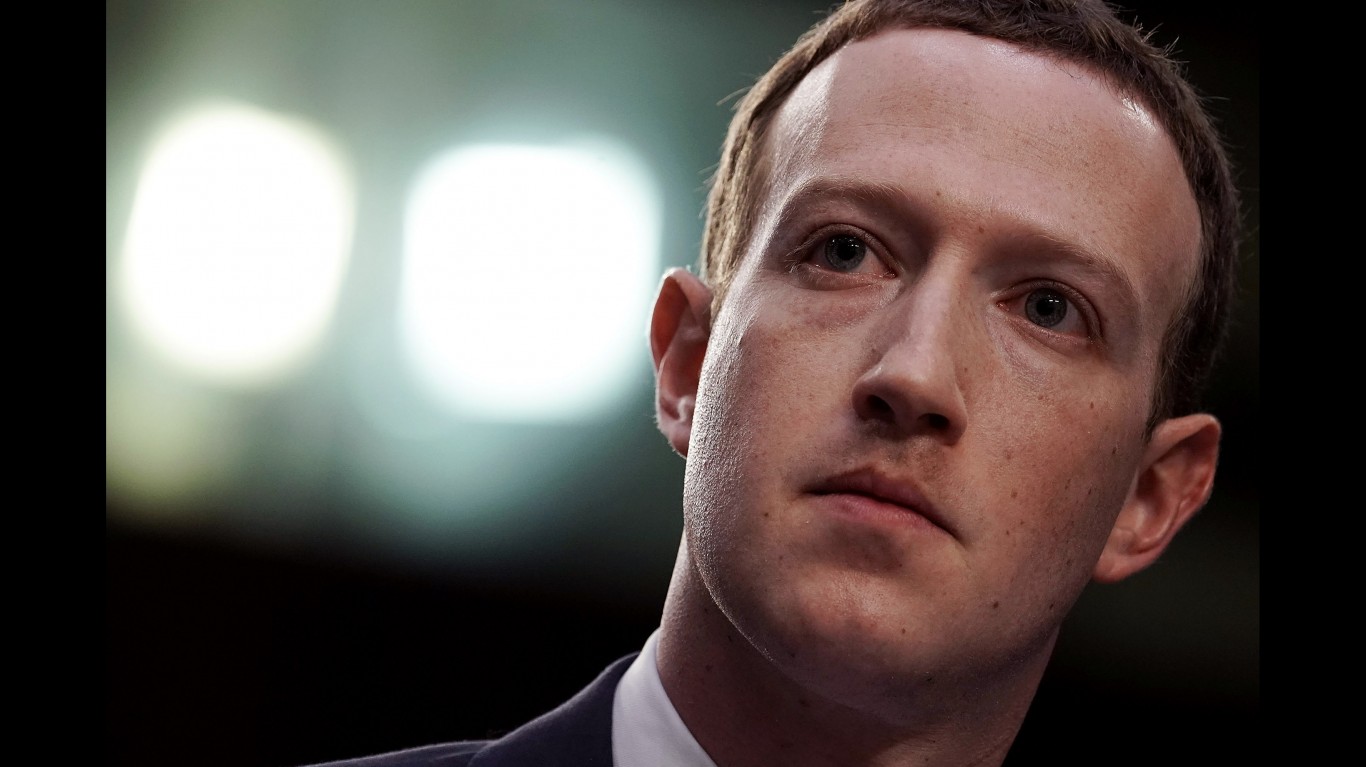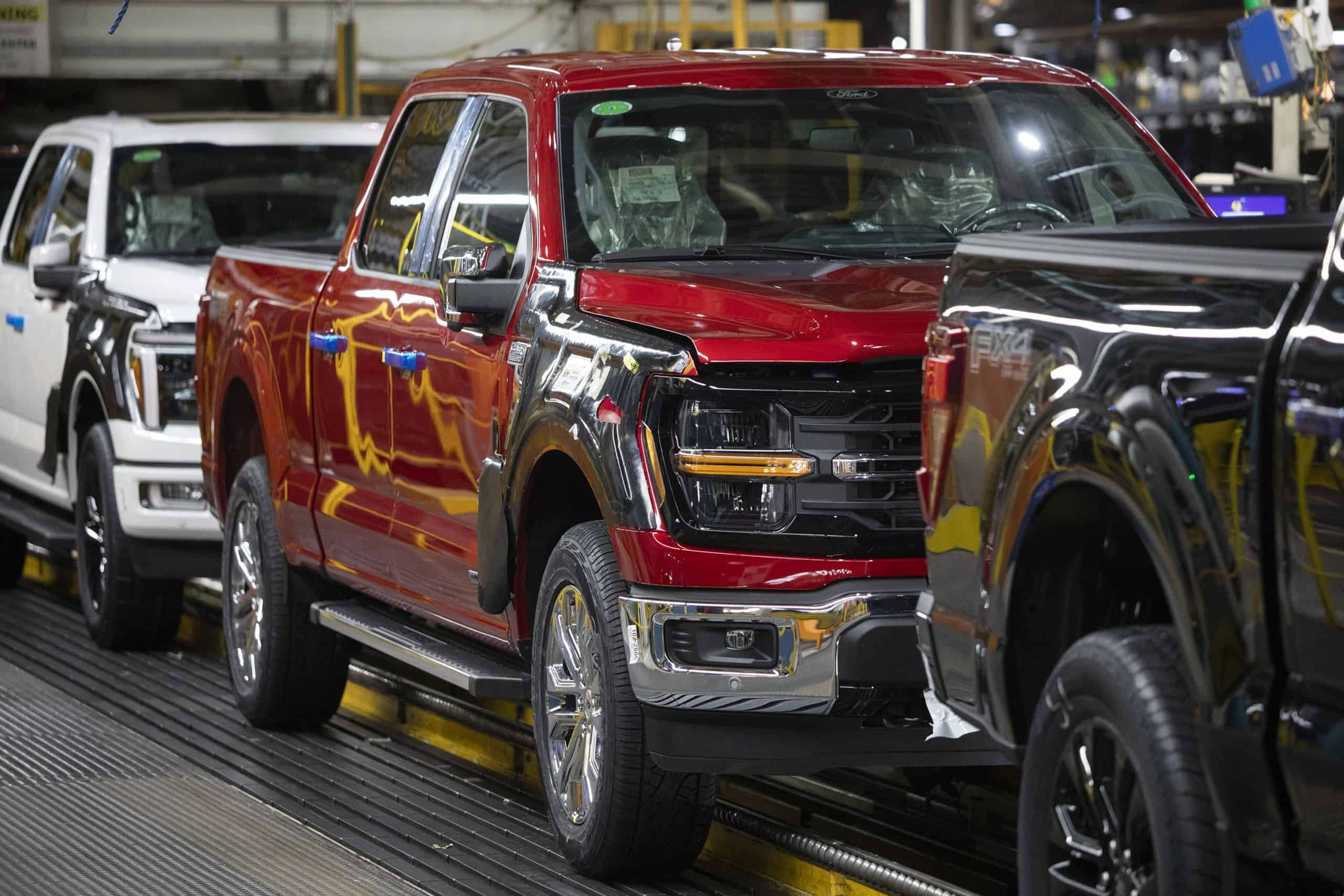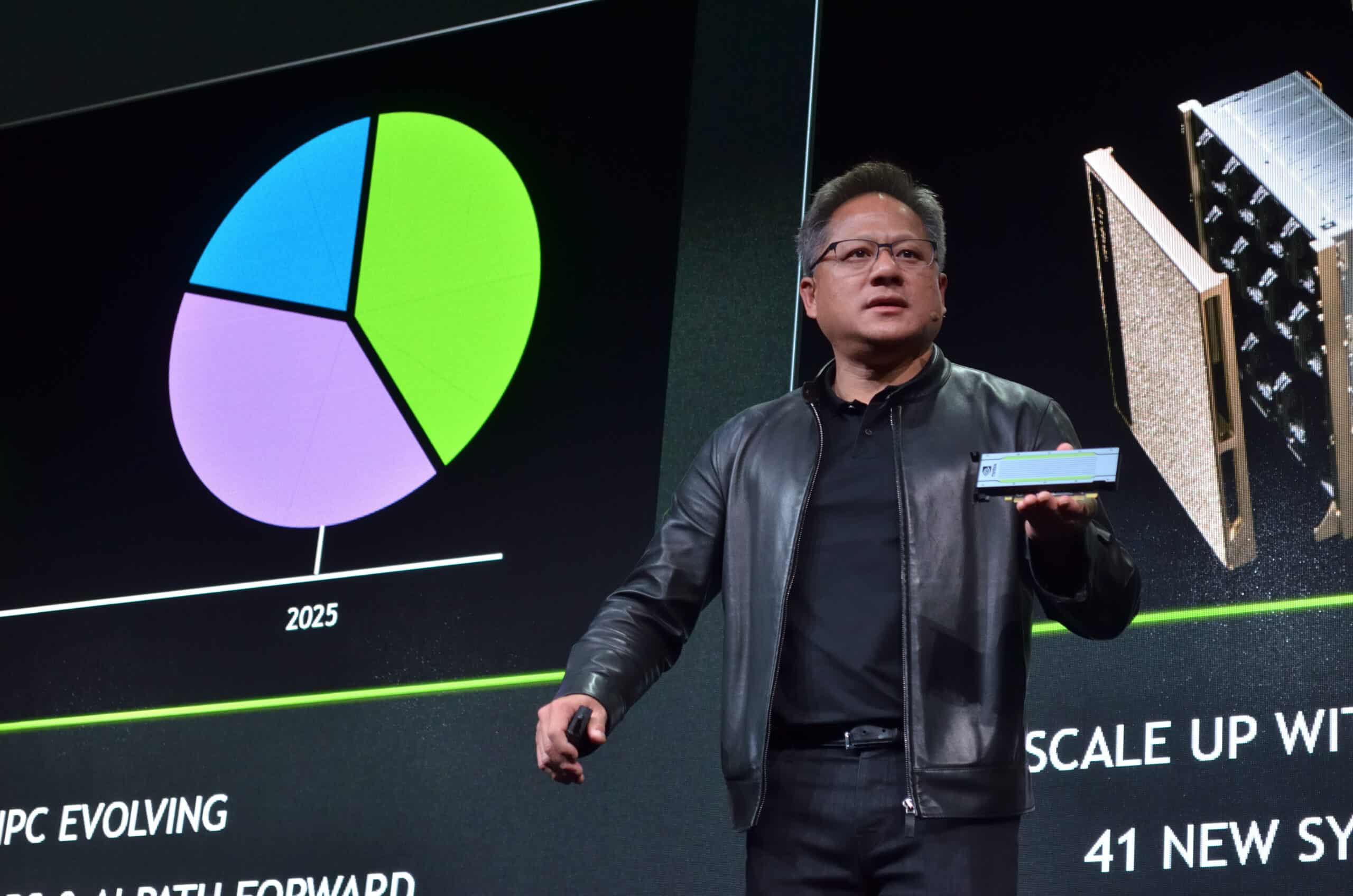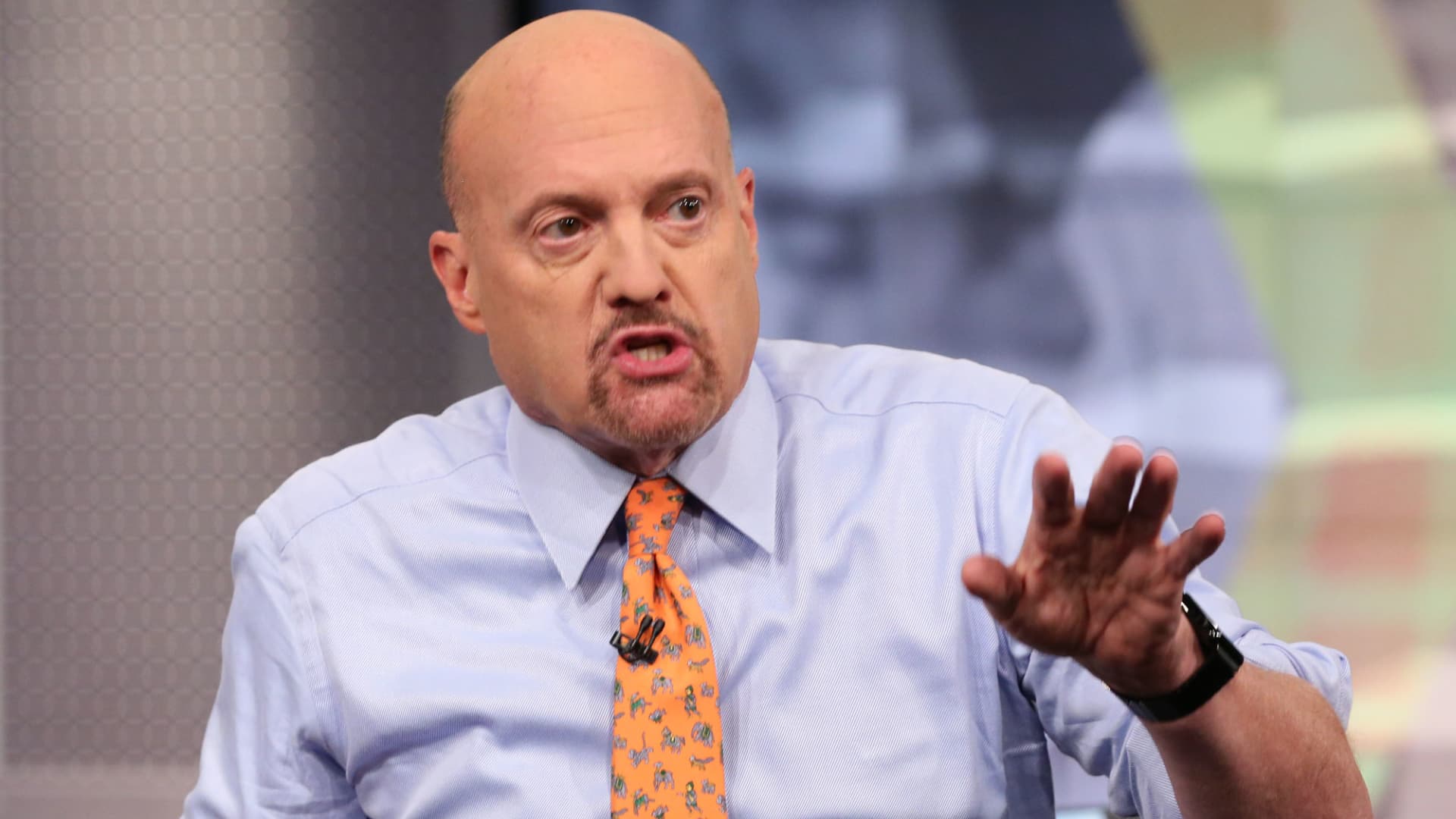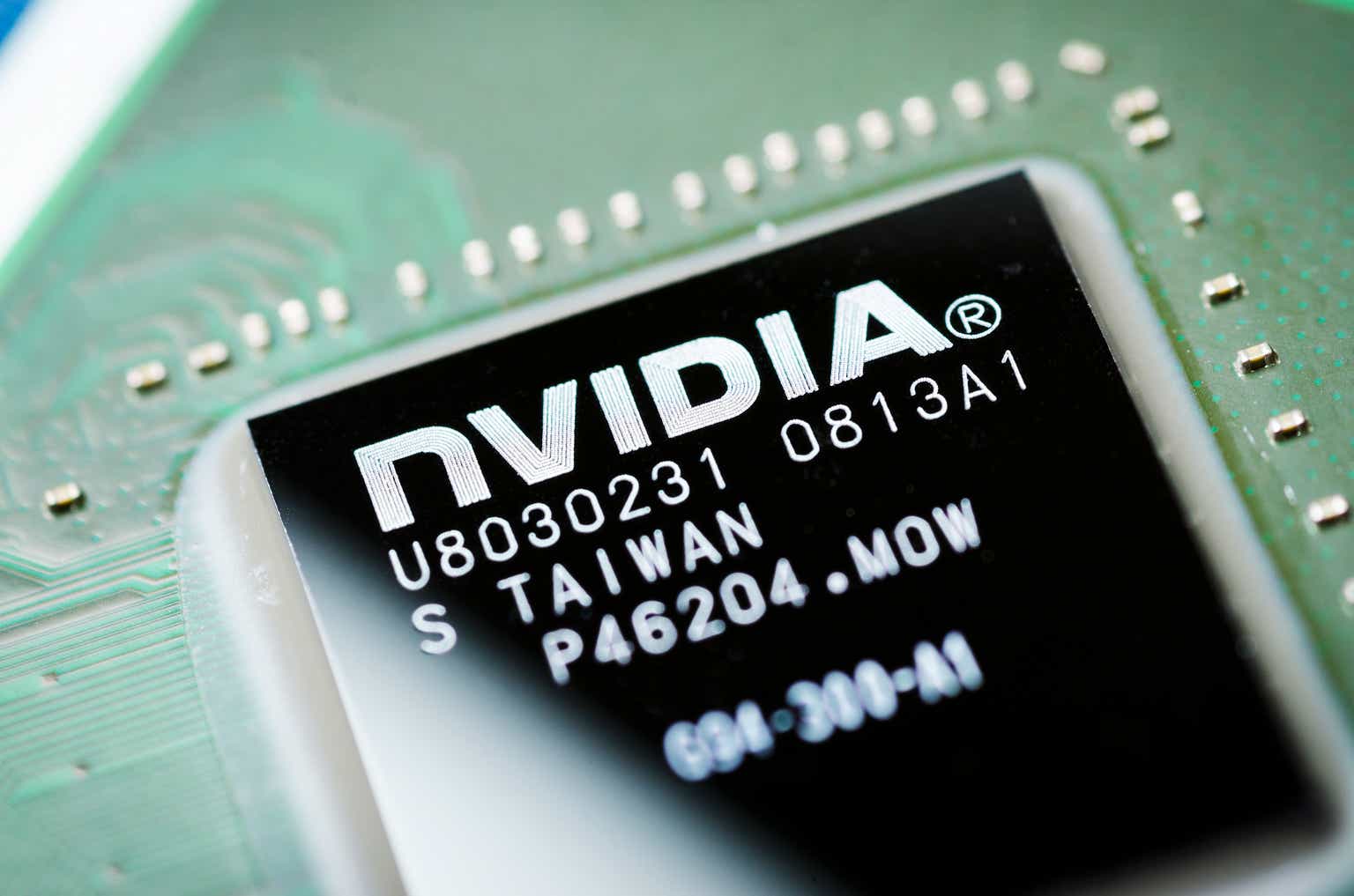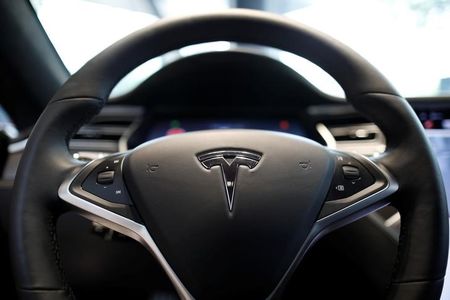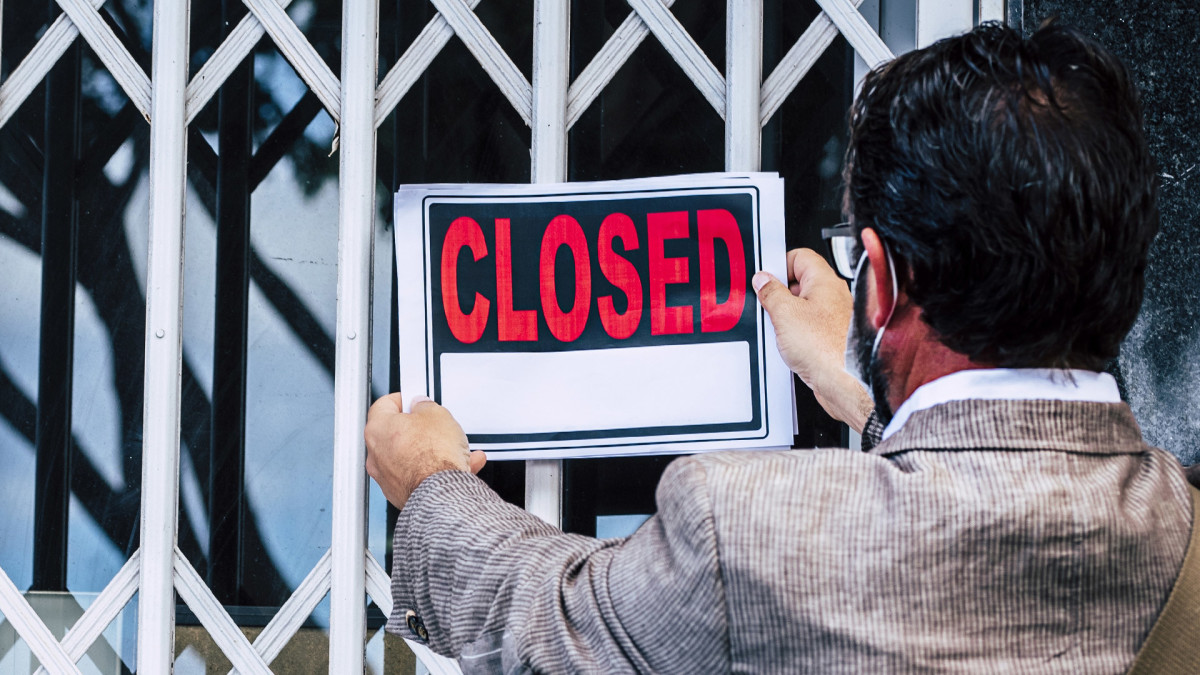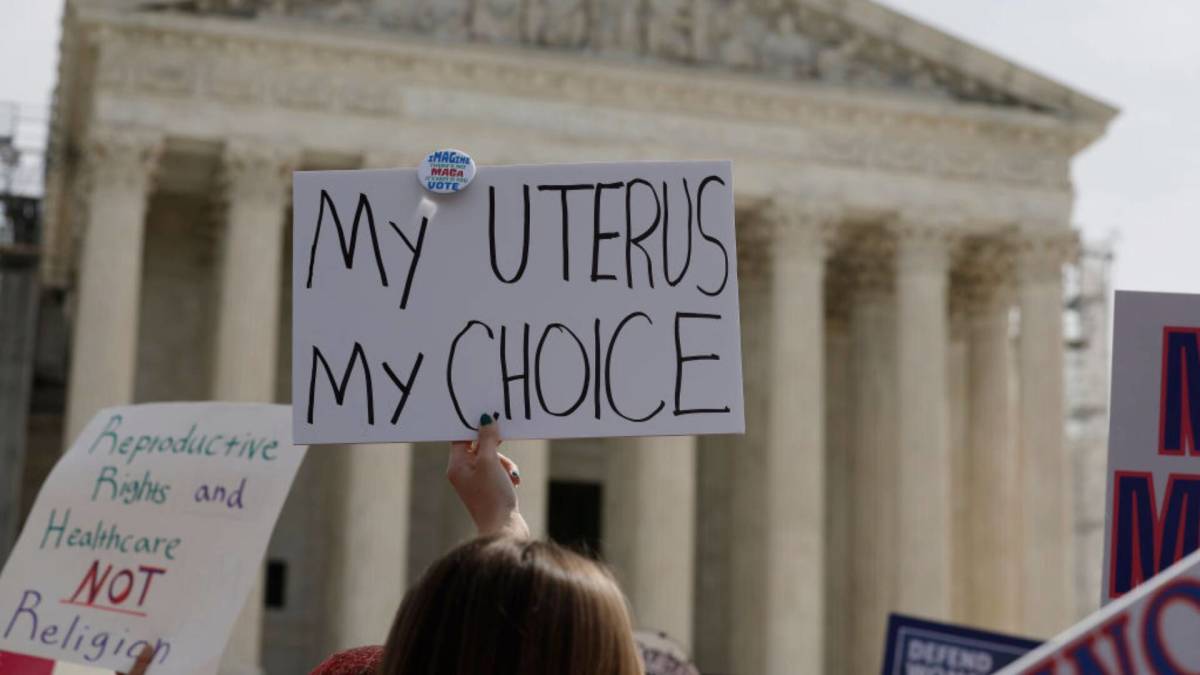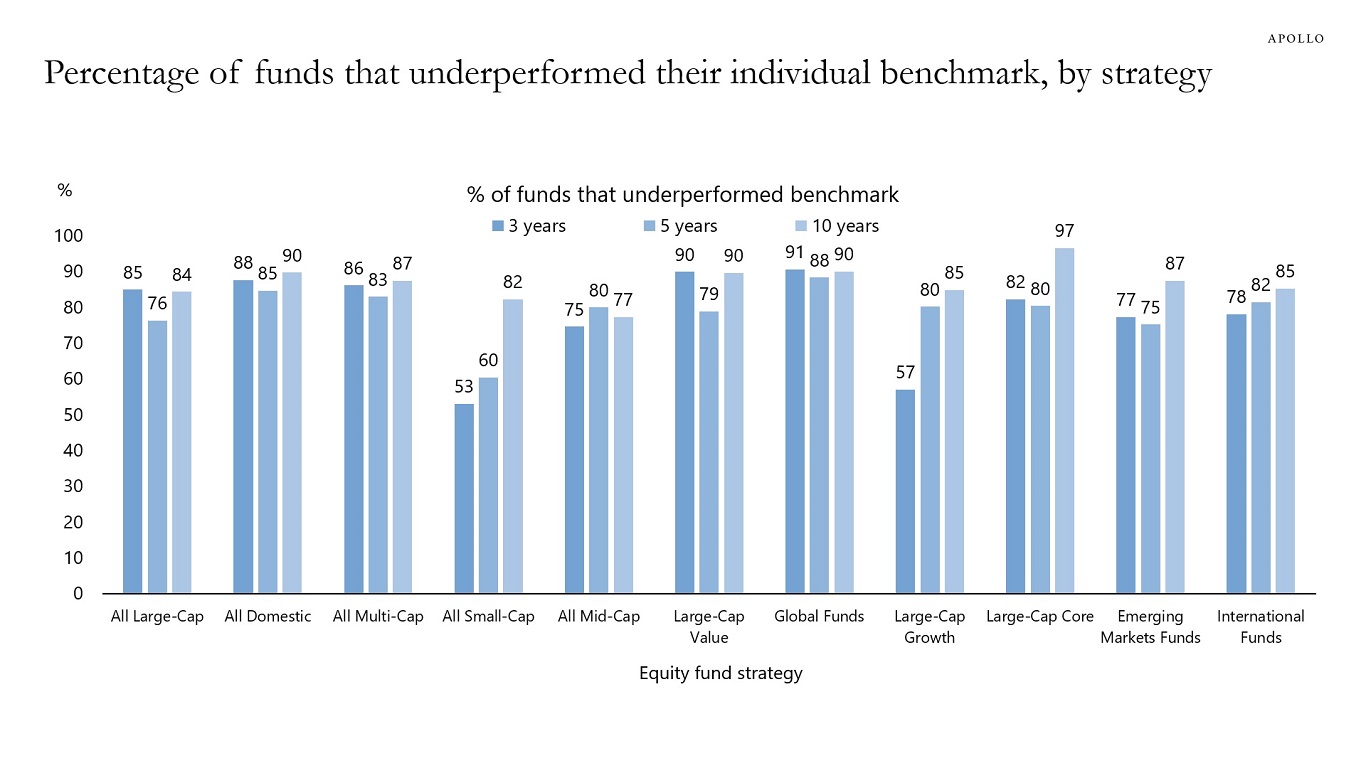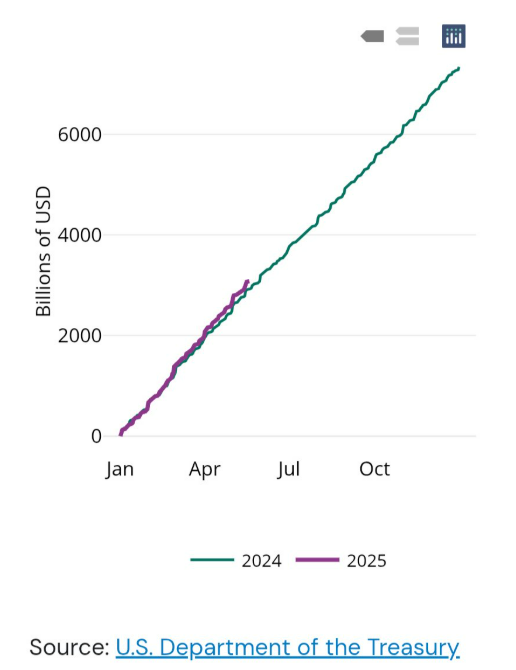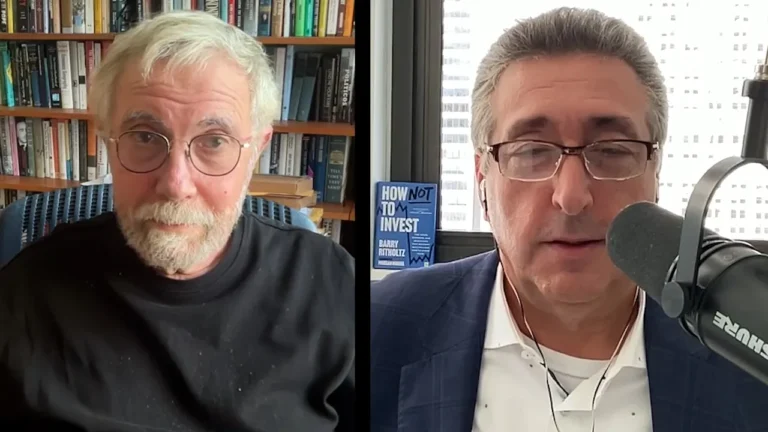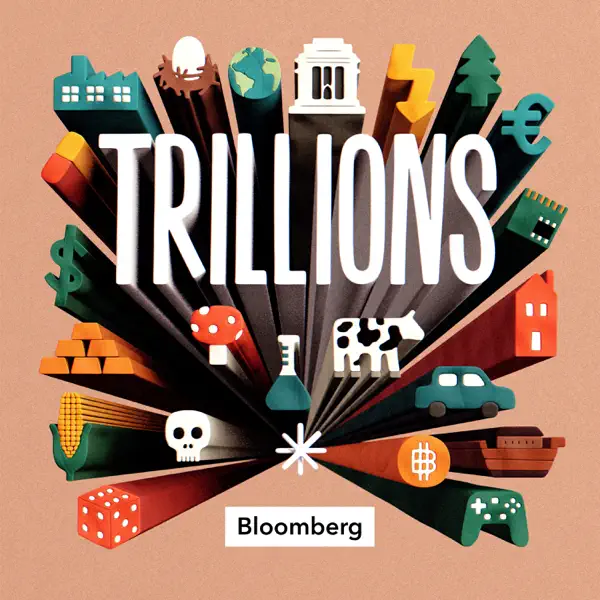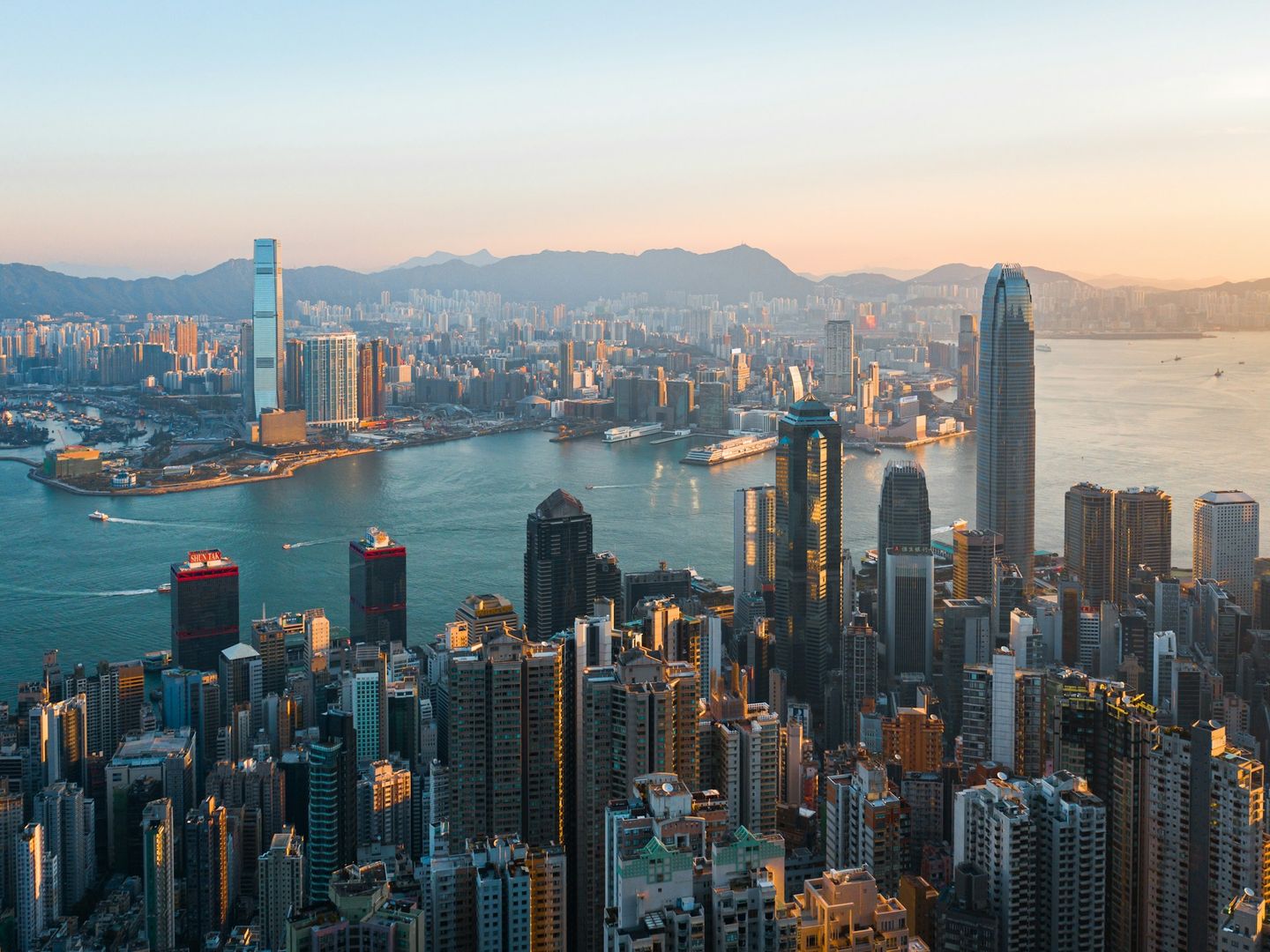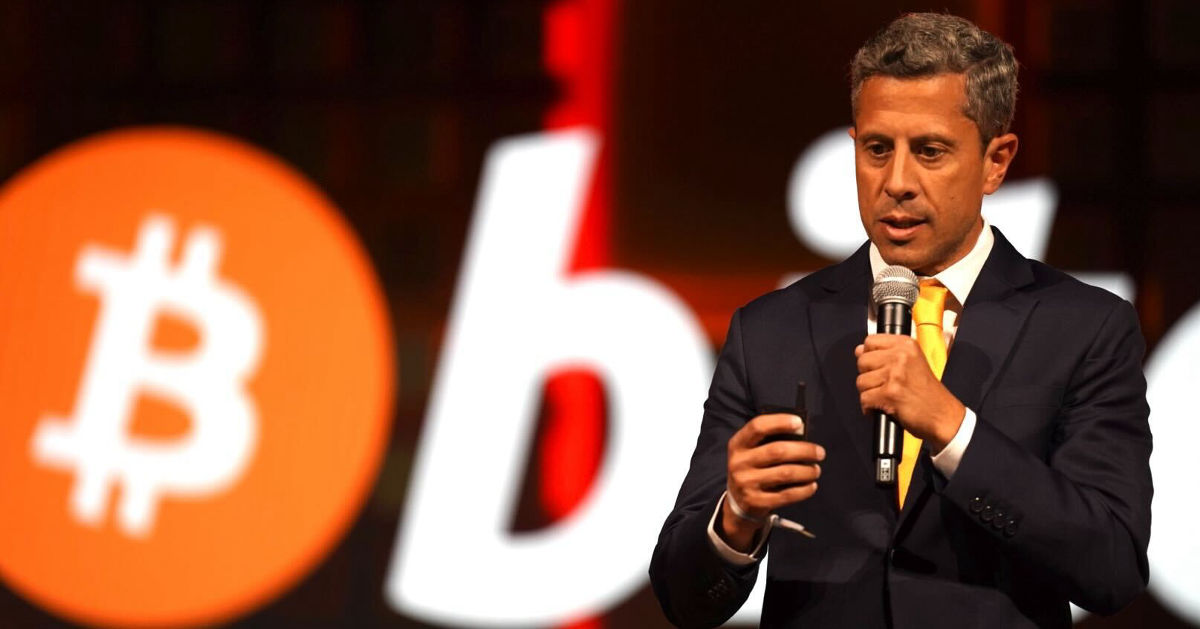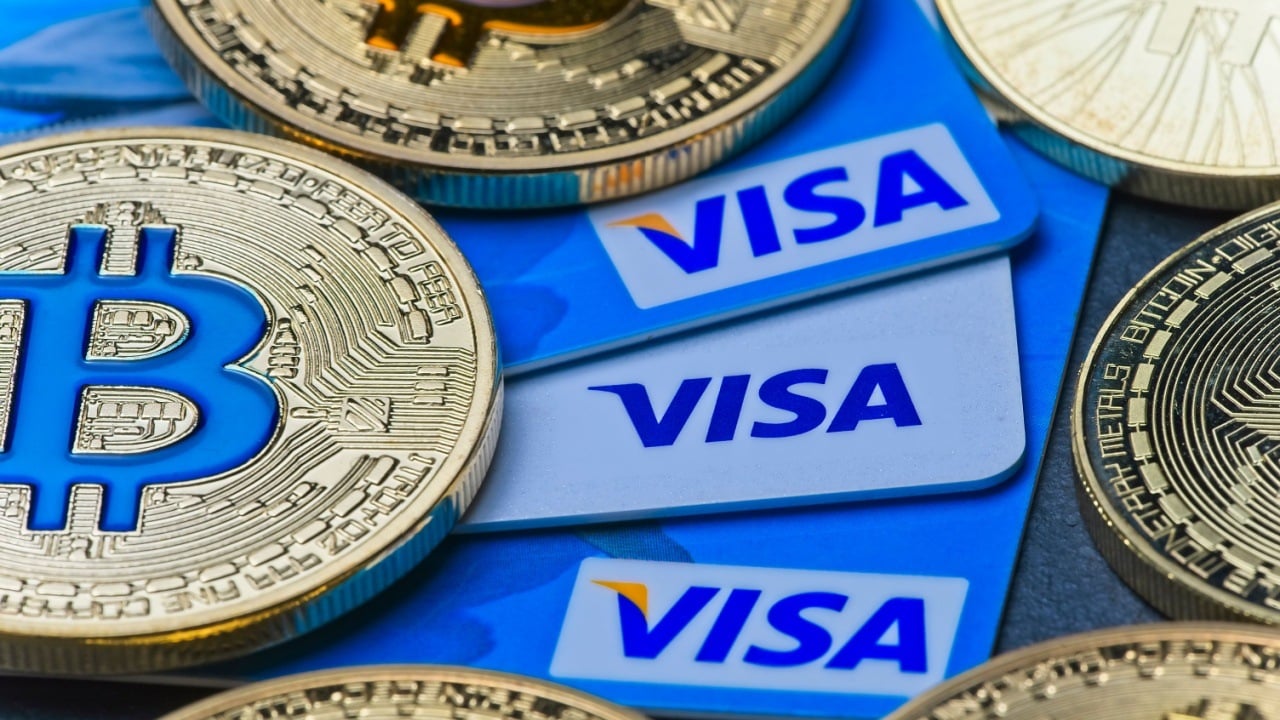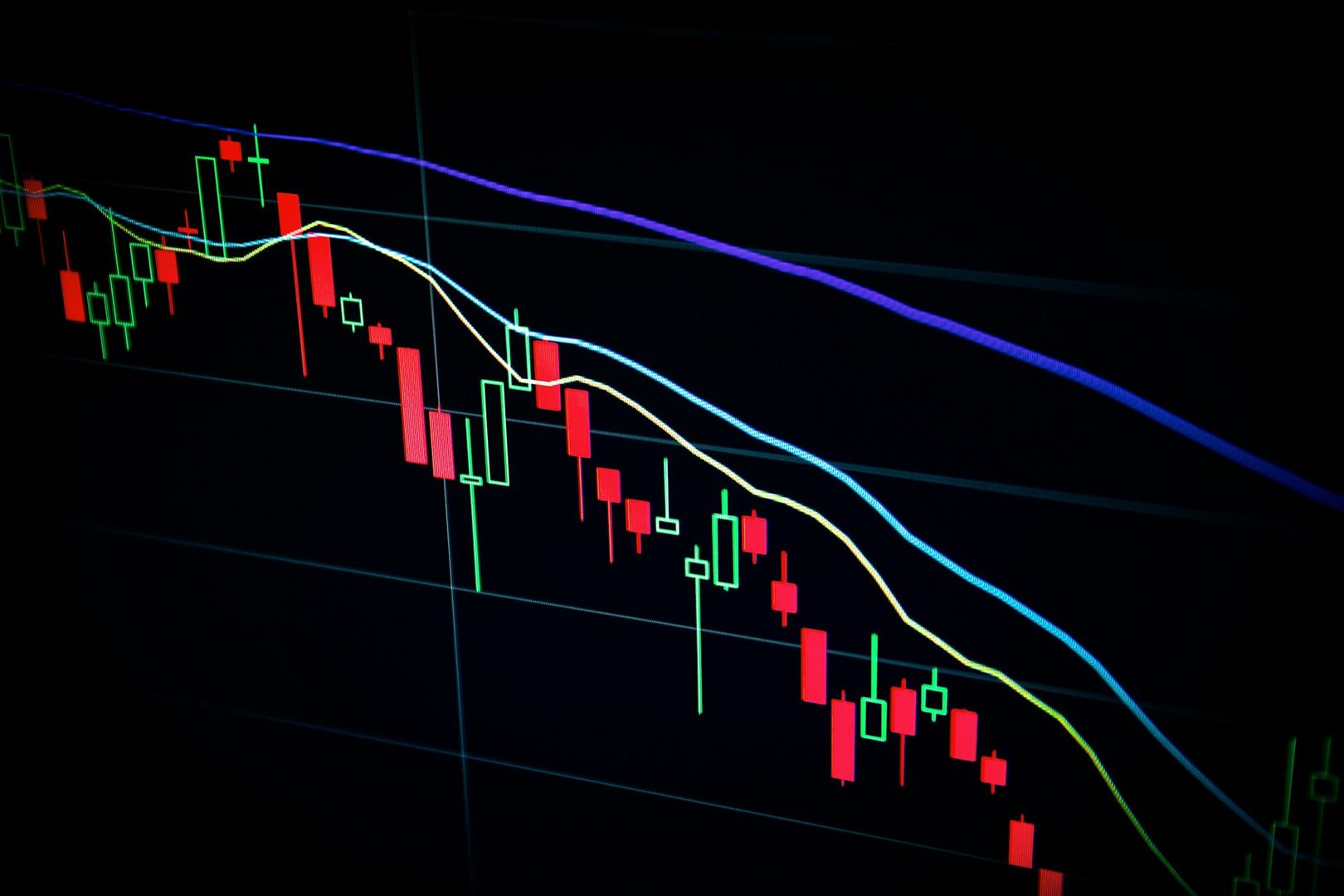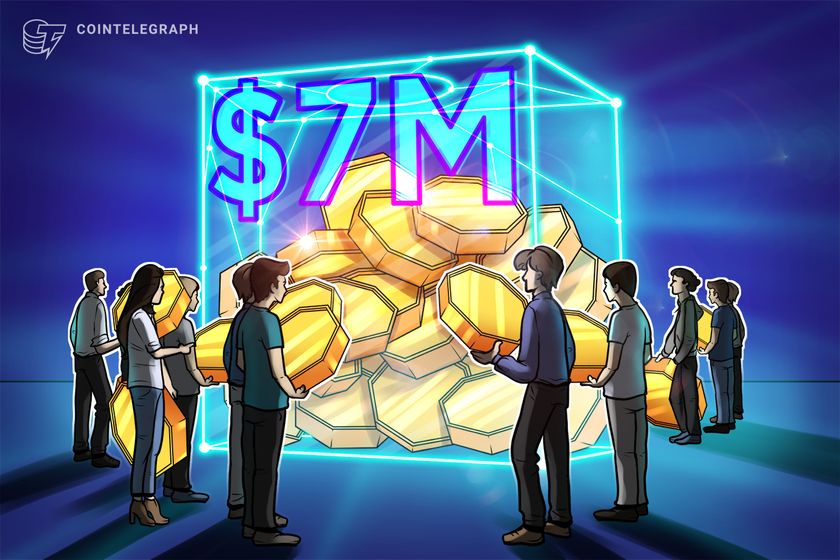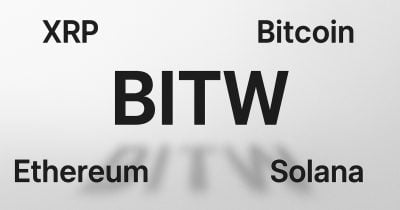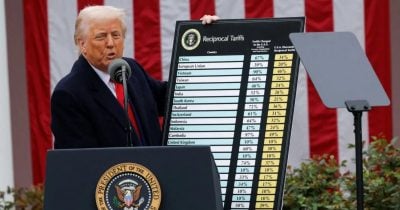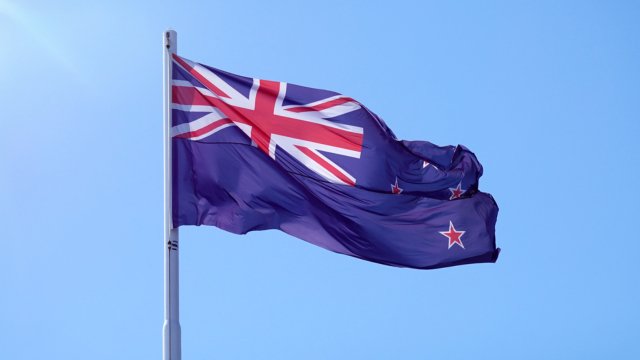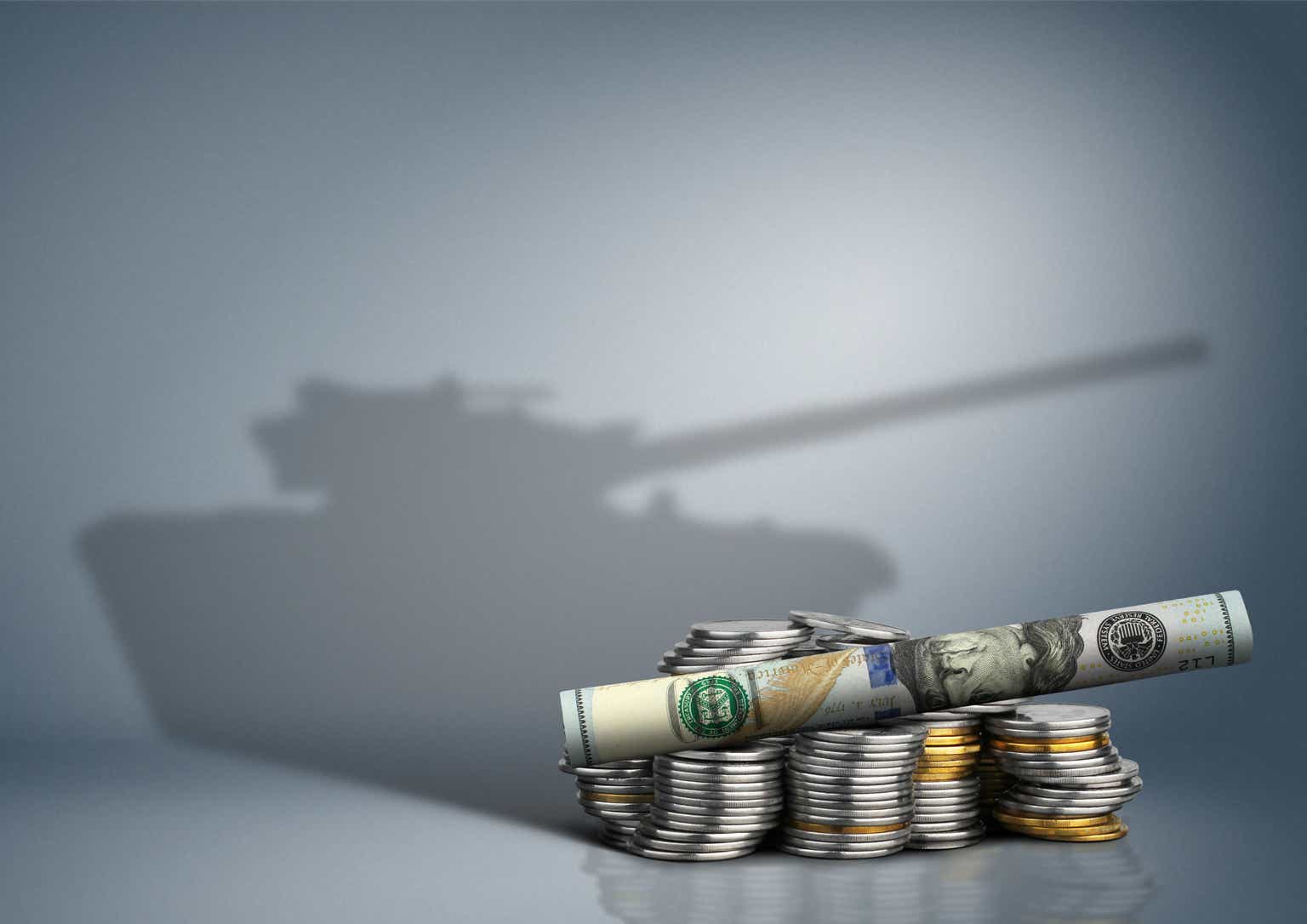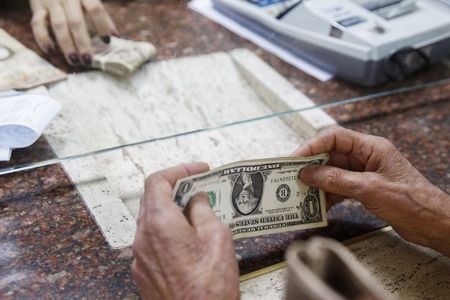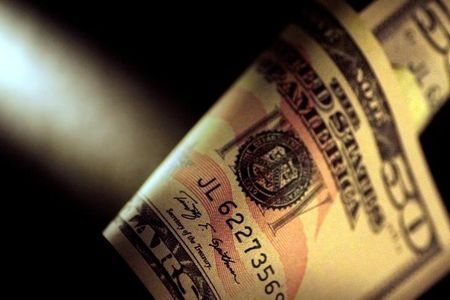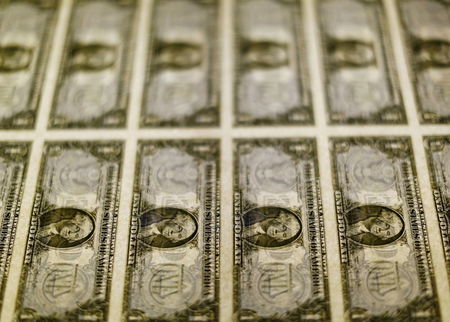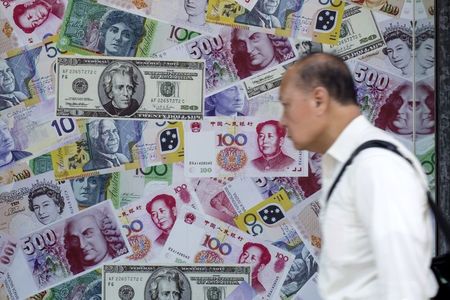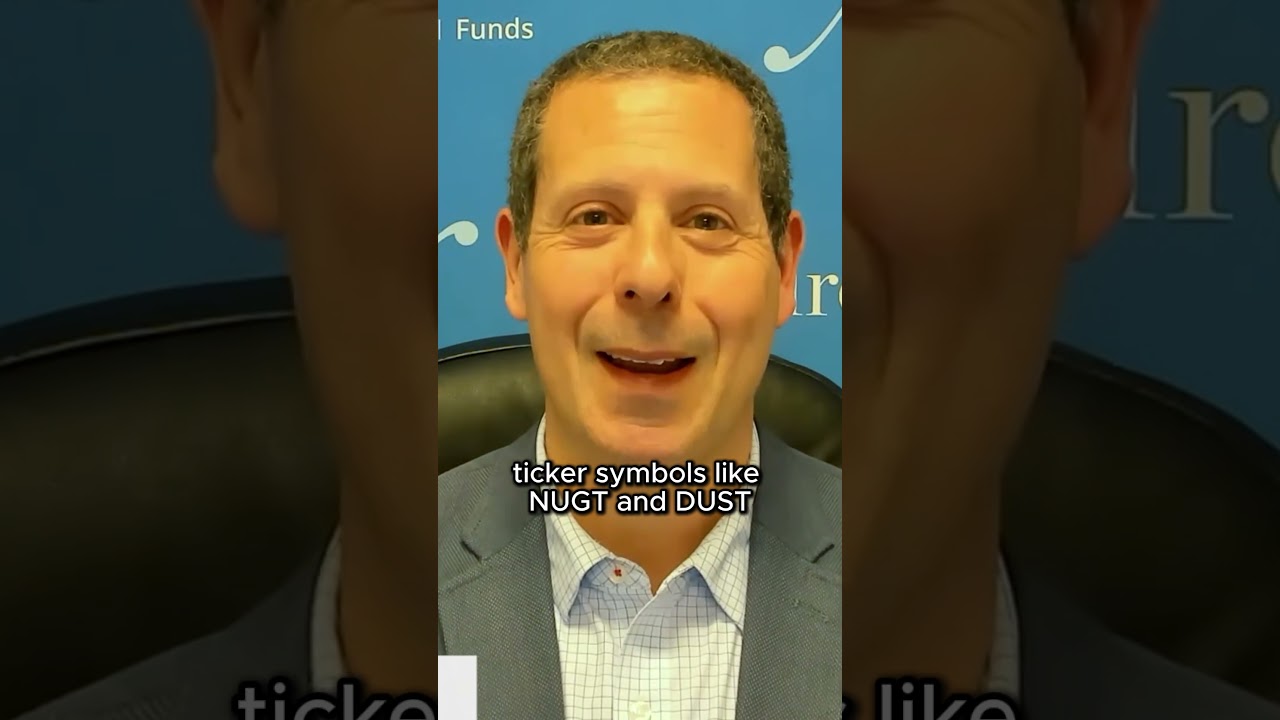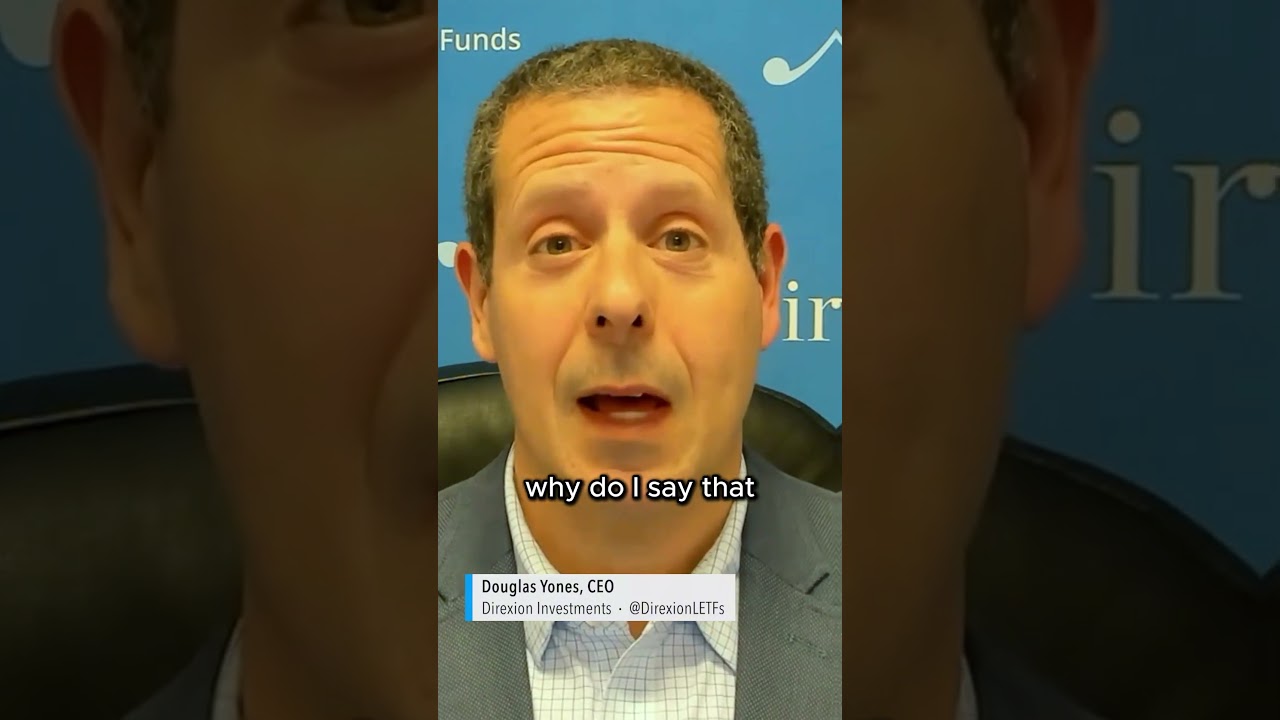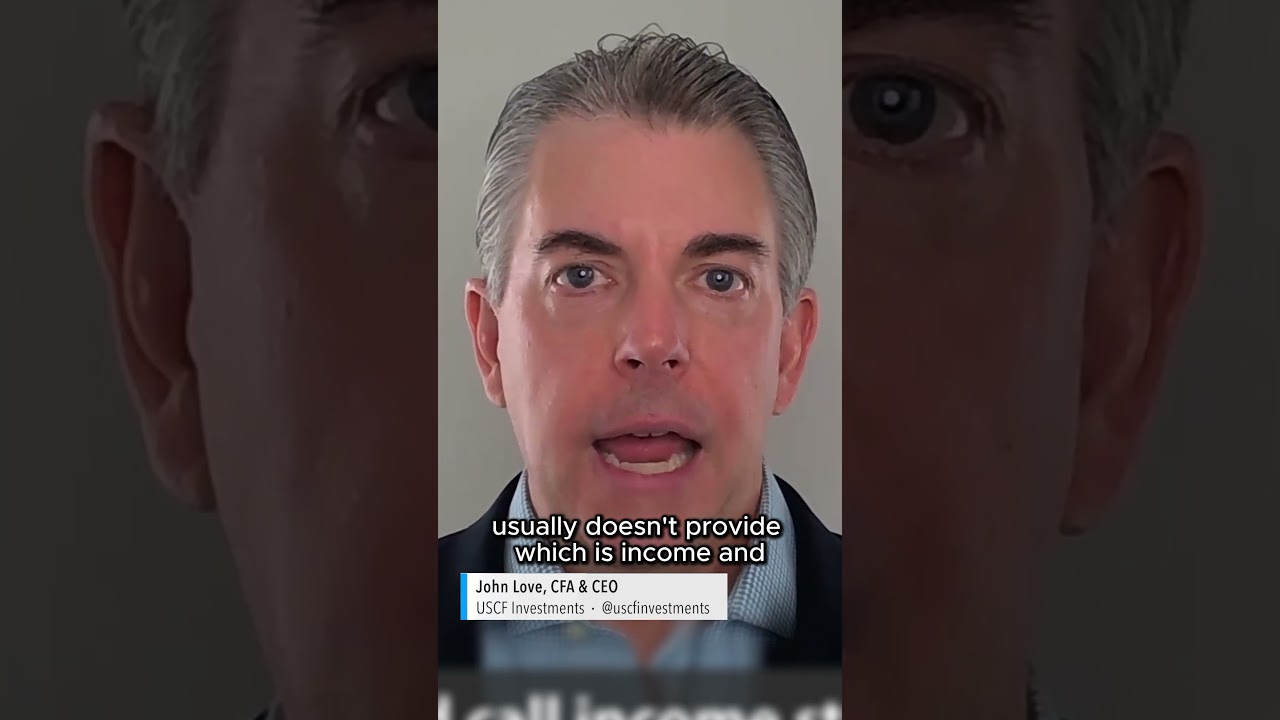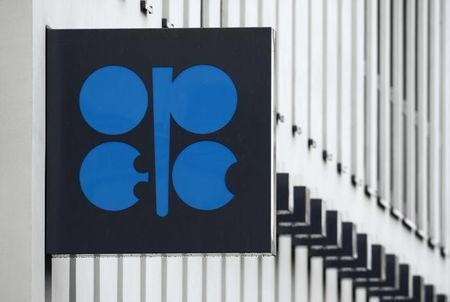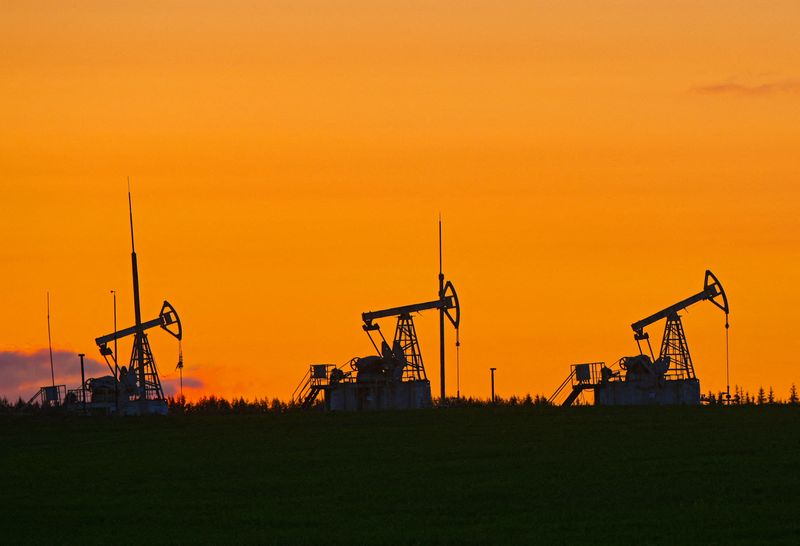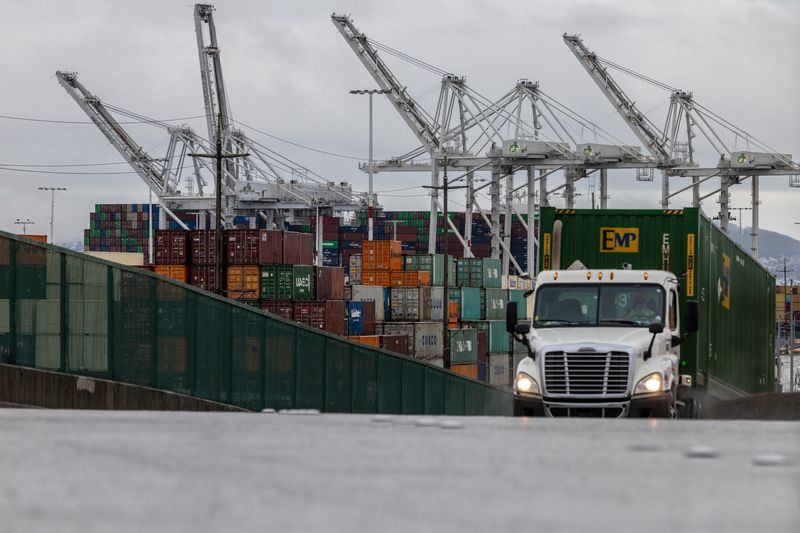‘Boil the ocean’ vs. ‘fry the fish’: How smaller countries can carve out an AI niche between the superpowers
Mohamed Hassan Alsuwaidi, the UAE's investment minister, shares how the country is approaching AI bets.

While the U.S. and China wage an AI arms race, the United Arab Emirates is taking a neutral position between the two global superpowers—a key position where it stands to reap the profits. Speaking at Fortune’s ASEAN-GCC Economic Forum in Malaysia on Wednesday, UAE Minister of Investment Mohamed Hassan Alsuwaidi said that his country is seeking to double the foreign investment coming into the country while making its own large infrastructure bets on overlooked regions, including Africa and Southeast Asia.
Even as the UAE’s global footprint swells, driven by the billions of dollars flowing into and out of the region, Alsuwaidi said his role was simple. “I’m trying to get the best deals for my investors, and the other is trying to get the best deals for investors who are coming to the UAE,” he told Fortune’s Clay Chandler.
Frying the fish
With 10 sovereign wealth funds, along with two pension funds, the UAE serves as a hotbed for international investment, especially through its active role in financing data centers and tech startups around the world. Alsuwaidi sits at the center of this frenzy of activity in his dual role as the UAE’s investment minister and CEO of ADQ, one of the country’s largest sovereign wealth funds.
Alsuwaidi has long worked in the UAE’s investment scene, including as a former executive at Mubadala, another leading sovereign wealth fund in the country. But now, Alsuwaidi has taken the helm of two of the country’s top institutions at a crucial juncture in AI development.
Speaking on Wednesday, he said that the approach of the U.S. and China has been to “boil the ocean” when it comes to AI, as companies like OpenAI and DeepSeek have the vast resources to build large language models that vacuum up data and energy. Smaller countries like the UAE, meanwhile, have to “fry the fish,” as he put it.
Still, because the UAE can focus on applying AI to specific domestic use cases, such as building out its passport and permit system, Alsuwaidi argued that the country can take a more focused approach. “In a country that is very small, AI is a strength for us,” he said.
That’s not to mention deploying the region’s massive coffers of investment dollars. ADQ alone has more than doubled its assets in the past four years, taking stakes in companies like Sotheby’s and logistics firm Aramex. But Alsuwaidi said that ADQ wants to spend more on infrastructure in the Global South, especially toward energy and AI development. “We struggle with the mismatch of the opportunity and how it presents itself,” he said, arguing that finding investments in regions including Africa, Southeast Asia, and Latin America can be difficult given the risk.
As demand for AI grows, however, and U.S. and China-based firms extend their moats, Alsuwaidi said that developing data centers globally will ensure that resources are spread around the world. “It’s not just about developing AI, but providing access,” he argued.
The UAE has become the top spender on energy development on the world stage, including building out renewable and nuclear sources. Just last week, the Emirati AI firm G42 unveiled plans to build a massive computing complex in the UAE alongside OpenAI that would likely mean tens of billions of dollars of investment.
Alsuwaidi brushed off concerns that the dash to build energy infrastructure could create a bubble. “Clearly, if you want to be involved in this AI race, you need to consume a lot of power and energy,” he said.
“I don’t feel we’re being left out by these superpowers,” he added.
This story was originally featured on Fortune.com





